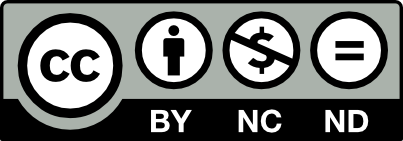Social interventions in adult psychiatric disorders: An interdisciplinary university program with dedicated art museums visits and cultural goods fruition for psychiatric patients.
DOI:
https://doi.org/10.23823/jps.v3i2.57Abstract
Social interventions are not biological or psychological in nature, but they refer to multidisciplinary, flexible, empowering and normalizing treatments with subjective participation and inclusion in the community. Social interventions are needed in the field of psychiatry because the experience of mental difficulties is largely social; in fact, patients frequently experienced broken relationship, lost of opportunities, social failures, hostility and stigma and in extreme cases poverty and chronic isolation. The bio-psycho-social model redefines the concept of “Health” that may be considered as the result of a dynamic balance between opportunities and limitations, directly affected by social and environmental conditions. The International Classification of Functioning (ICF) summarized these concepts and includes elements relating to activity and participation and environmental factors linked to cultural events such as museum visits. There have been several experiences in which the activity related to the museum experience has had the character of a social intervention in mental distress. In this study the qualitative results of a project derived from the collaboration between the Suor Orsola Benincasa University and the Icaro consortium are presented. The focus of the project was the planning of a social intervention for patients with mental distress characterized by the accessibility and enjoyment to some museum sites of the Campania Region. The title of the project is Better together, the beauty of the environment that includes.
Downloads
Downloads
Published
Conference Proceedings Volume
Section
License
Authors who publish in this journal agree to the following:
- Authors retain the rights to their work and give to the journal right of first publication of the work simultaneously licensed under a Creative Commons License - Attribution that allows others to share the work indicating the authorship and the first publication of this journal.
- Authors can accept other non-exclusive licensing agreements for the distribution of the published version of the work (eg. Deposit it in an institutional repository or publish it in a monograph), provided to indicate that the document was first published in this journal.
- Authors can spread their work online (eg. In institutional repositories or on their website) before and during the submission process, because it can lead to productive exchanges and increase the work published citations (See The Effect of Open Access) .









